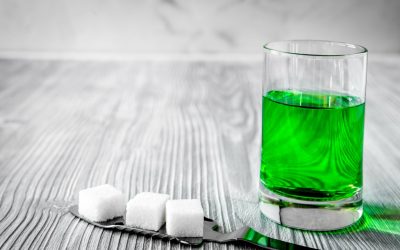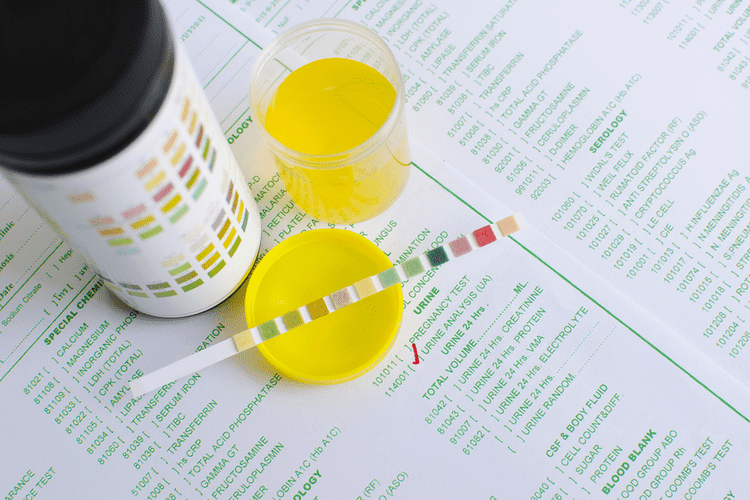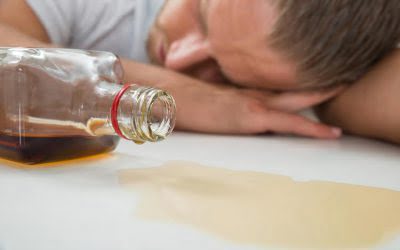An overly acidic environment can potentially lead to various health challenges. However, it’s important to note that the body has its own mechanisms for regulating pH levels, primarily through the kidneys and lungs. At Cymbiotika, we believe that wellness starts with trust and that empowerment comes from understanding the science behind our health choices. Baking soda, chemically known as sodium bicarbonate (NaHCO3), is a versatile alkaline compound. It’s commonly used in baking to leaven dough, but it also finds applications in cleaning, oral hygiene, and even medicine. Stalling drug tests is a tactic some employees use in the hopes of allowing drugs to naturally clear from their system.
Find Addiction Rehabs does not endorse any treatment facility or guarantee the quality of care provided, or the results to be achieved, by any treatment facility. The information provided by Find Addiction Rehabs is not a substitute for professional treatment advice. Yes, baking soda can affect how certain medications are absorbed by the body. Drinking baking soda can cause gastrointestinal discomfort, including bloating, gas, and diarrhea.
Put Stress Over Drug Testing in the Rearview: Reach Out for Help!
Seek medical attention immediately if you experience serious symptoms or signs of overdose upon consuming baking soda. If you consume too much baking soda, it can lead to a range of dangerous metabolic and neurological effects. Here are some risks baking soda flush that can occur as a result of using baking soda to “beat” a drug test. During a saliva drug test, testers swab the inside of your mouth directly with a long Q-tip to collect your saliva. It is worth noting that some drug tests are more sensitive or have lower thresholds for detection of substances.
- Sometimes, the simplest ingredients in your kitchen can create the most powerful remedies.
- Many states even incentivize this practice by offering reduced workers’ compensation premiums, providing an additional financial advantage.
- Some tests also detect synthetic cannabinoids, MDMA, and certain prescription medications.
- This will remove surface stains, but it will also damage the protective layer of your teeth.
It can be used to whiten and clean laundry
Blood tests often look for marijuana (THC), cocaine, opiates, amphetamines, and alcohol, as well as benzodiazepines, barbiturates, and specific prescription drugs. Hair tests can determine drug use within the past 90 days, depending on hair length, which grows about half an inch per month. It screens for drugs such as marijuana (THC), cocaine, opiates, amphetamines, and PCP.
Heavy metals can cause fatigue, skin irritation and autoimmune issues
Baking soda could clean pores and make your radiator look nice and clean. It works very well if you don’t have any special cleaning chemicals for your radiator. If debris and bugs get stuck in your car’s radiator, it can stop the air from moving freely and result in overheating the car.
- Research has found that sodium bicarbonate can significantly slow the progression of CKD.
- Experts have weighed in on their harmful effects, and studies have underscored that cleanses and detoxes, such as the baking soda detox, often lack efficacy.
- Yes, baking soda can affect how certain medications are absorbed by the body.
- Drugs commonly tested in saliva include marijuana (THC), cocaine, opiates, amphetamines, and methamphetamine.
- Others use harsh chemicals (e.g., cleaning solution), lemon juice, cranberry juice, or apple cider vinegar.
Taking a Deep Dive Into the Effects of Cocaine
Large amounts of gas can accumulate in the stomach as a result of this chemical reaction, which may lead to stomach rupture. Baking soda can also be used to treat mosquito bites, which typically cause small, round, puffy bumps that appear within a few minutes of being bitten. The bite area may become swollen, red, and itchy due to the reaction to the mosquito’s saliva.
While baking soda may be seen as a quick fix or attempt to cheat a drug test, it does not address the underlying addiction issues or provide the necessary support for long-term recovery. A drug detox program offers a comprehensive and evidence-based approach that prioritizes safety, physical and psychological well-being, and lasting recovery. Drug tests are screenings conducted to detect the presence of drugs or drug metabolites in a person’s system. They are commonly used in various settings and can be performed using urine, blood, saliva, or hair samples.
A Note of Caution: Consult a Healthcare Professional
Always consult a healthcare professional before starting any new supplement or natural remedy. Some people believe that ingesting baking soda with water or another liquid can promote weight loss. The suggested mechanism is that baking soda can neutralize stomach acid, reduce bloating, and accelerate digestion, leading to a temporary slimmer appearance. Baking soda is also believed to have alkalizing effects on the body, which may promote weight loss or prevent weight gain. However, it is important to note that there is no scientific evidence to support these theories. In conclusion, while using baking soda to pass a drug test may appear tempting, it is crucial to consider this method’s potential dangers and limitations.
Saliva Drug Test
If it is for employment or for a similar purpose, you may be given another drug test in some cases. It’s important to understand that the consequences of cheating on a drug test are real and that no method is infallible. Excessive use of baking soda can also cause lower limbs to swell in some cases.
It is important to follow the recommended dosage and not to exceed the suggested amount. If symptoms occur more than twice a week, it is advised to seek medical advice as it could be a sign of gastroesophageal reflux disease (GERD) or another underlying condition. Baking soda has antibacterial properties and can help reduce bacteria that causes acne when applied topically. To use baking soda for these purposes, make a paste by mixing 3 parts baking soda to 1 part water. Apply the paste to the affected area and leave it on for up to 20 minutes before washing it off.
Saliva drug tests are known for their ease of administration and quick results. There’s very little evidence indicating the weight loss benefits of a baking soda cleanse or a baking soda detox. However, a couple of studies point to baking soda as a way to enhance athletic performance.
Baking soda flush is a way of passing a drug test by utilizing baking soda to mask the presence of drugs in one’s system. Baking soda flush essentially works by temporarily increasing the pH level of your urine, so that it is closer to what it would be if you did not take any drugs. This means that when the lab technician goes to test for drug use, they will not find anything present and therefore conclude you have passed the test.

















